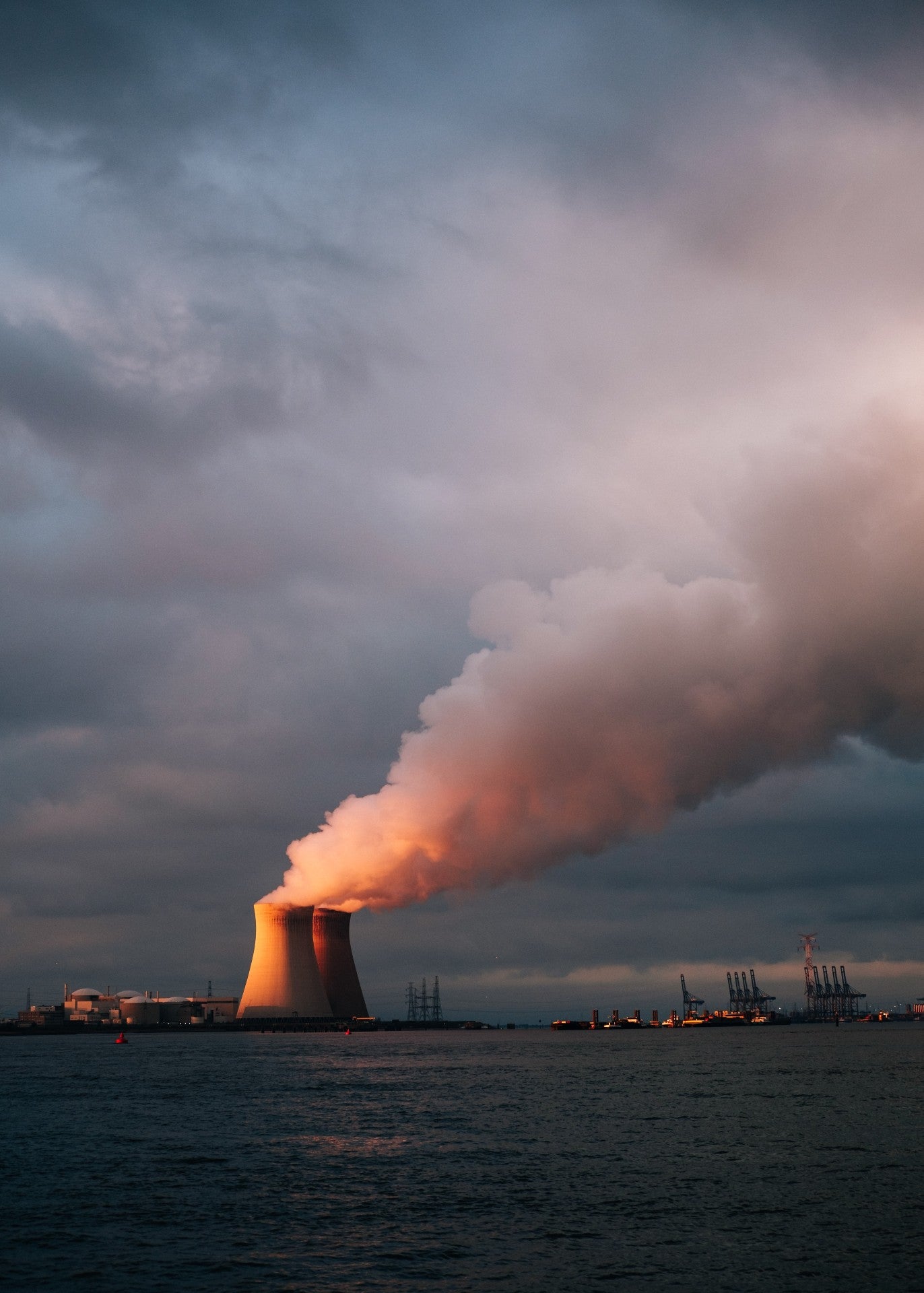
As energy prices continue to surge and shortages place energy infrastructure under increasing pressure, France is considering a new tack to shore up its energy mix. Per The Financial Times, President Emmanuel Macron is expected to soon approve the development of six small modular nuclear reactors.
Although his early presidency saw Macron announce the shutdown of 14 reactors and intentions to cut nuclear’s contribution to France’s energy mix from 75% to 50% by 2035, the current energy crisis appears to have forced a reconsideration. The move may be politically prurient (France’s support for nuclear power has increased by 17 percentage points in the last two years) as much as one geared towards energy security, though it has not been without controversy.

Discover B2B Marketing That Performs
Combine business intelligence and editorial excellence to reach engaged professionals across 36 leading media platforms.
Outside of internal debate over France’s use of nuclear power, the decision to expand its presence places the country in opposition to major European allies like Germany. In 2011, following the Fukushima disaster, German Chancellor Angela Merkel announced that the country would phase out all nuclear power by the end of 2022. In March of this year, Germany went so far as to pay four companies €2.8bn in compensation for the early closure of their nuclear plants.
The conflict comes down in no small part to classification and a singular question: what counts as renewable power? For proponents such as France, the Czech Republic, and Finland, nuclear power should be counted as green energy and thus be eligible for the same investment criteria as other renewable sources. In April, the European Commission incorporated hydropower into its criteria for clean power projects, previously left out for the environmental damage it can do, but nuclear’s place remains in question.
At the time, a Commission spokesperson said of hydropower’s inclusion: “A careful alignment had to be found between the requirements of the taxonomy regulation, notably the ‘do no significant harm’ requirements and the requirements of existing law, such as the Water Framework Directive.
“The criteria have been revised to bring it into more explicit alignment with the Water Framework Directive. We believe the current criteria strike the right balance to protect ecosystems and water bodies, while promoting hydropower and without putting excessive administrative burden on users.”

US Tariffs are shifting - will you react or anticipate?
Don’t let policy changes catch you off guard. Stay proactive with real-time data and expert analysis.
By GlobalDataIf the rules could be finagled to balance hydropower’s benefits with its potential harm, many will likely be asking if the same can not be done for nuclear. The European Commission is due to release a “toolbox” of measures that governments can take to aid with the energy crisis tomorrow and it is possible that it will include reference to nuclear’s classification. Yet with member states divided, it is likely to remain an uphill battle to codify nuclear in the same way as energy sources such as wind.





